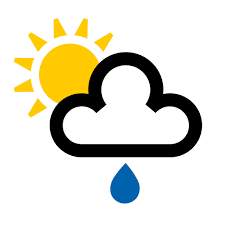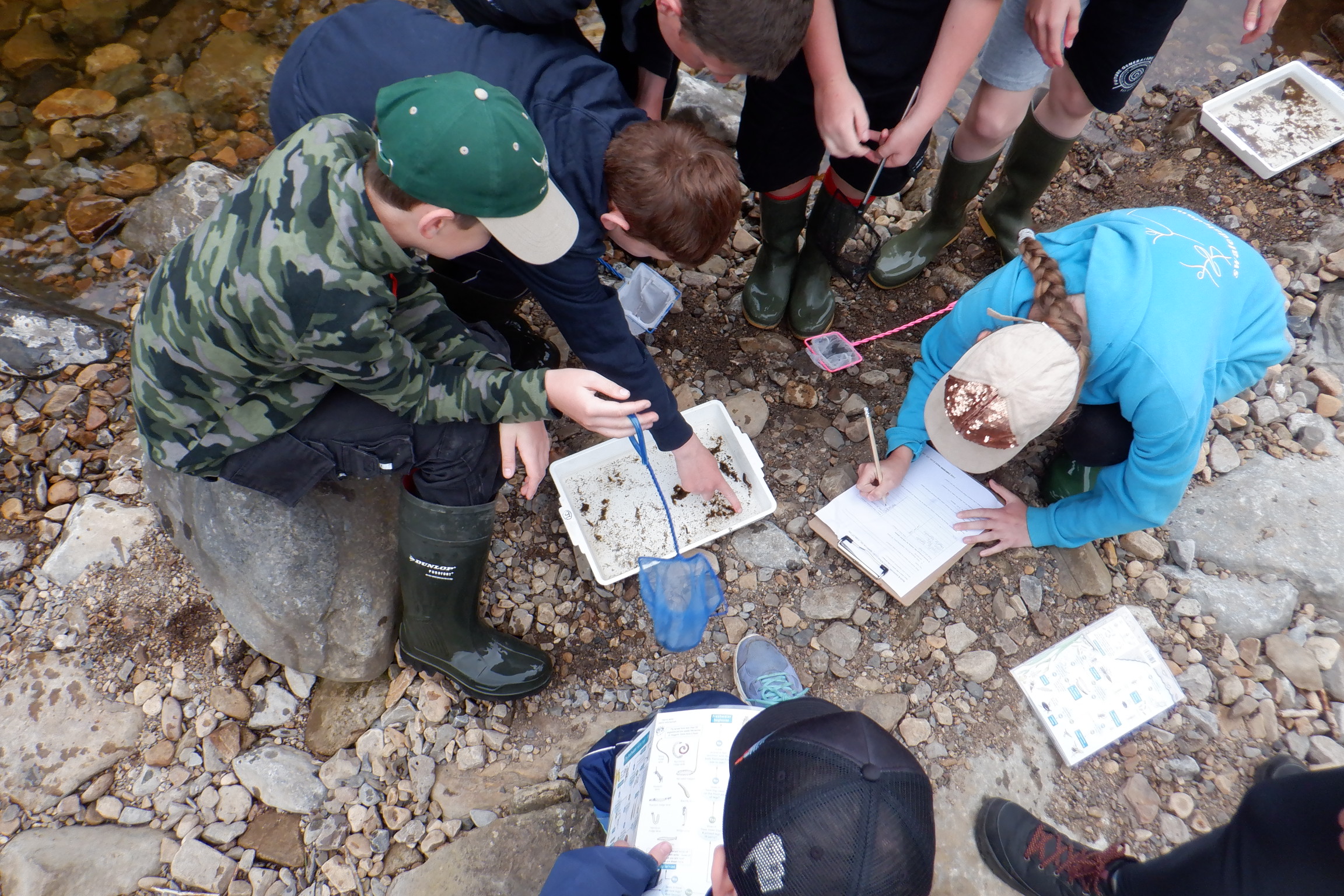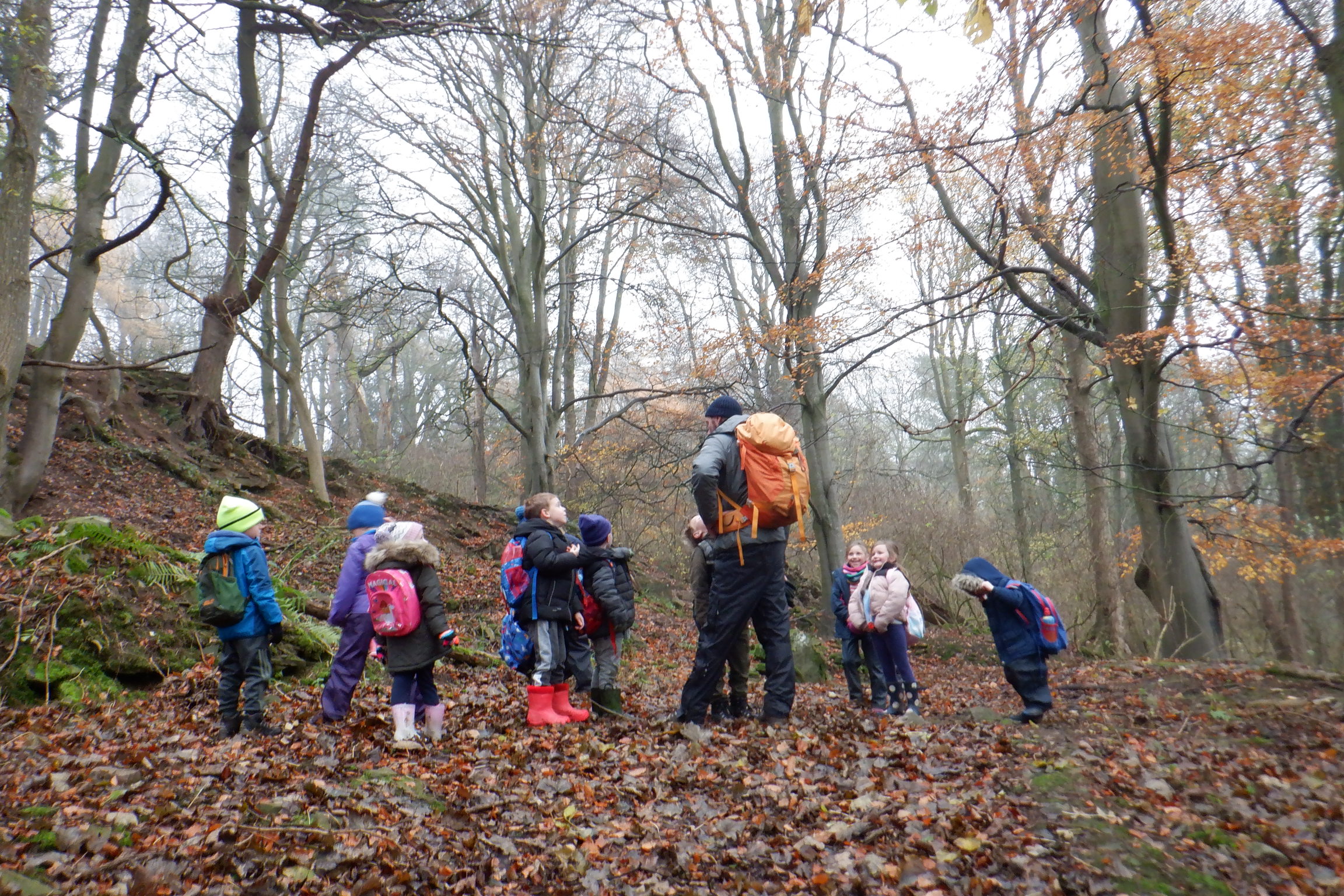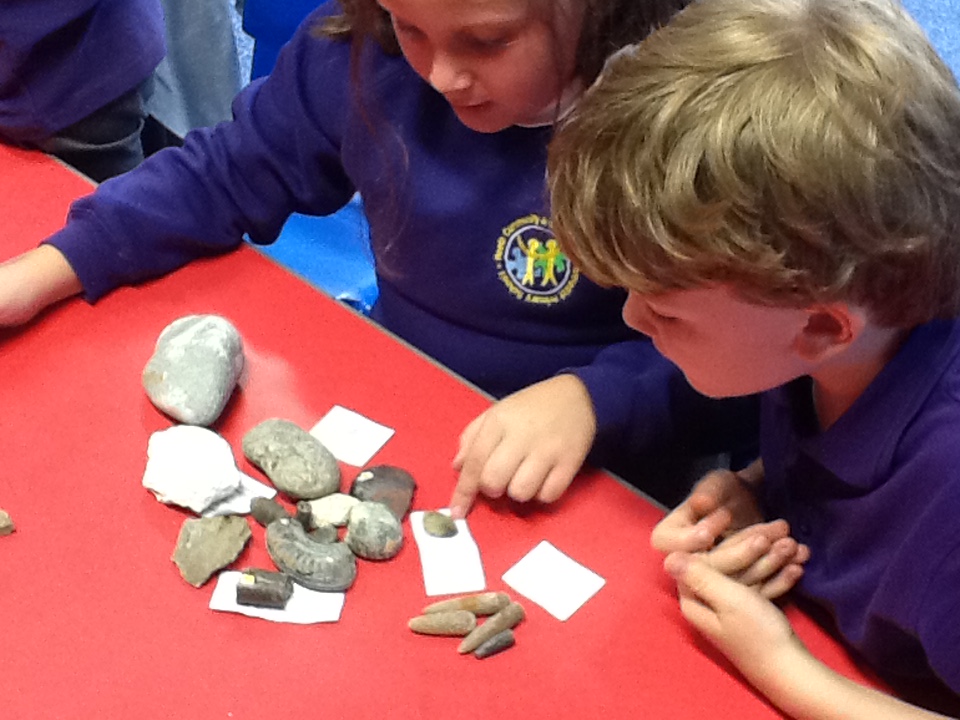Science Ideas - Investigating - Innovating
Intent
‘A high-quality science education provides the foundations for understanding the world through the specific disciplines of biology, chemistry and physics. Science has changed our lives and is vital to the world’s future prosperity.’ DfE
Our science curriculum aims to develop a sense of excitement and curiosity about the world around us. Through our application of scientific skills and types of enquiry – observing over time, pattern seeking, identifying, classifying and grouping, comparative and fair testing, research using secondary sources – pupils are taught how science can be used to explain what is occurring, predict how things will behave, and analyse causes. They are encouraged to question, hypothesise and explore the topics in the National Curriculum, and the world around them, through practical investigations and research.
Our science curriculum covers all the age-related content from the National Curriculum. Through high quality teaching pupils develop:
- A curiosity about the world, asking relevant questions.
- An ability to invent and carry out simple investigations to enable them to answer these questions.
- Critical thinking skills to be able to consider what factors may affect these results.
- Organisation skills to record their work clearly and logically.
- Respect for the world and the knowledge needed to make informed choices.
Implementation
Our science units cover the fundamental knowledge, skills and understanding of science set out in the National Curriculum. We follow our own detailed unit plans outlining the objectives for each lesson, differentiated activities and possible learning experiences for the children. This ensures a clear progression of skills within each unit and across key stages. Key vocabulary and “Sticky Knowledge” is identified for each unit.
To bring the subject to life we want to instil curiosity and a love of learning through immersion of hands-on practical activities showing relevance to children’s everyday life experiences and the world around them. We strive to embrace our wonderful local learning environment and work closely with The Yorkshire Dales National Park to explore our local habitats including, woodland, rivers, meadows and moorland.
Impact
Our Science Curriculum is progressive and designed to build on children’s prior knowledge as they move through school. We have developed a progression grid which outlines the learning objectives in each area of scientific enquiry, ensuring an organic progression of key skills. We use our progression grid to monitor and assess pupils’ learning against national expectations, and to make informed judgements about their attainment. To make these judgements we use evidence from children’s independent work, contributions to class discussions and group work.
Subject leaders work closely with the staff team to assess the impact of each unit on children’s leaning and attainment, ensuring that learning experiences are of the highest standard. Please find below some examples of these learning experiences and the work that pupils have completed.
Stream study, Gunnerside Gill
Woodland habitat study, High Fremington
Classifying rocks
For further information about science, please contact our subject leader, Abby Codman.








